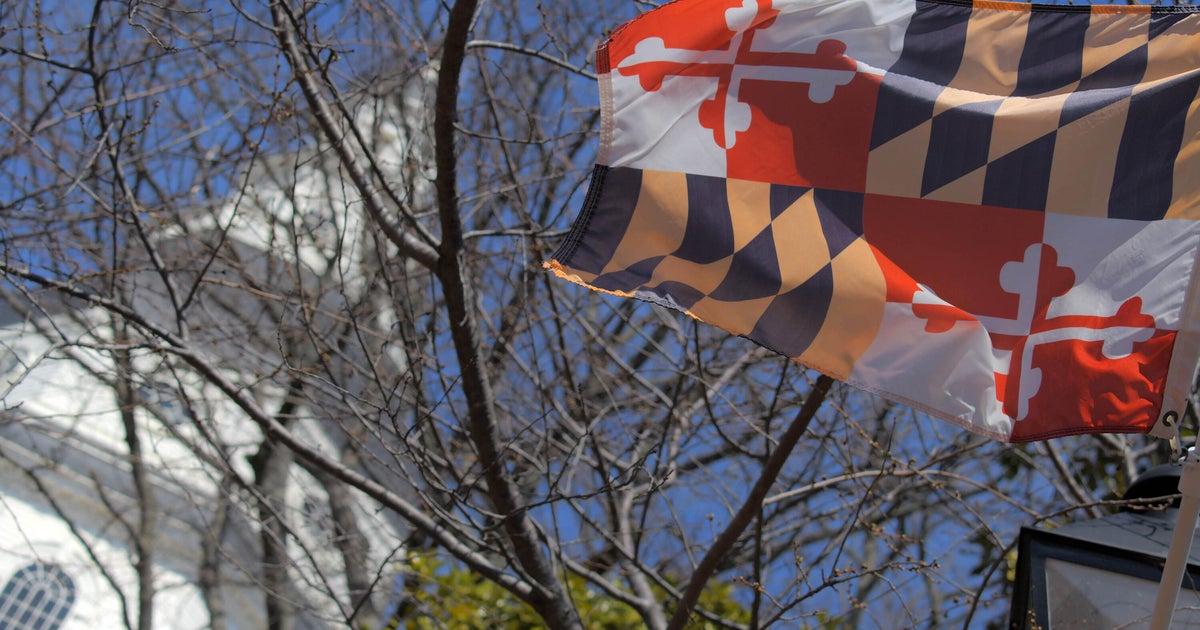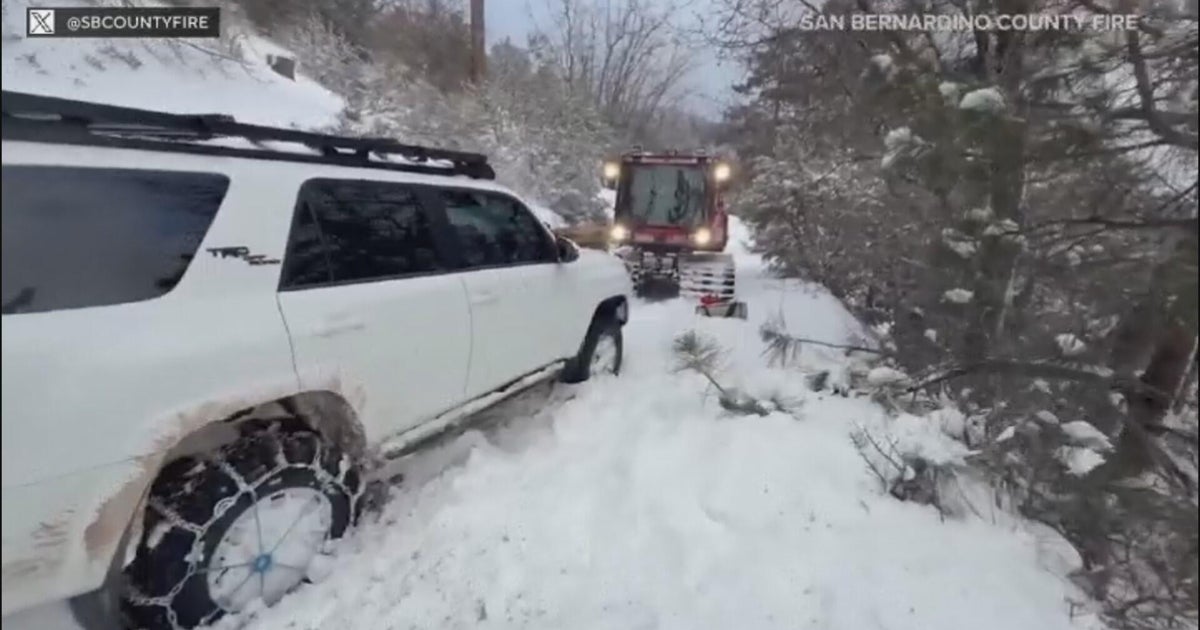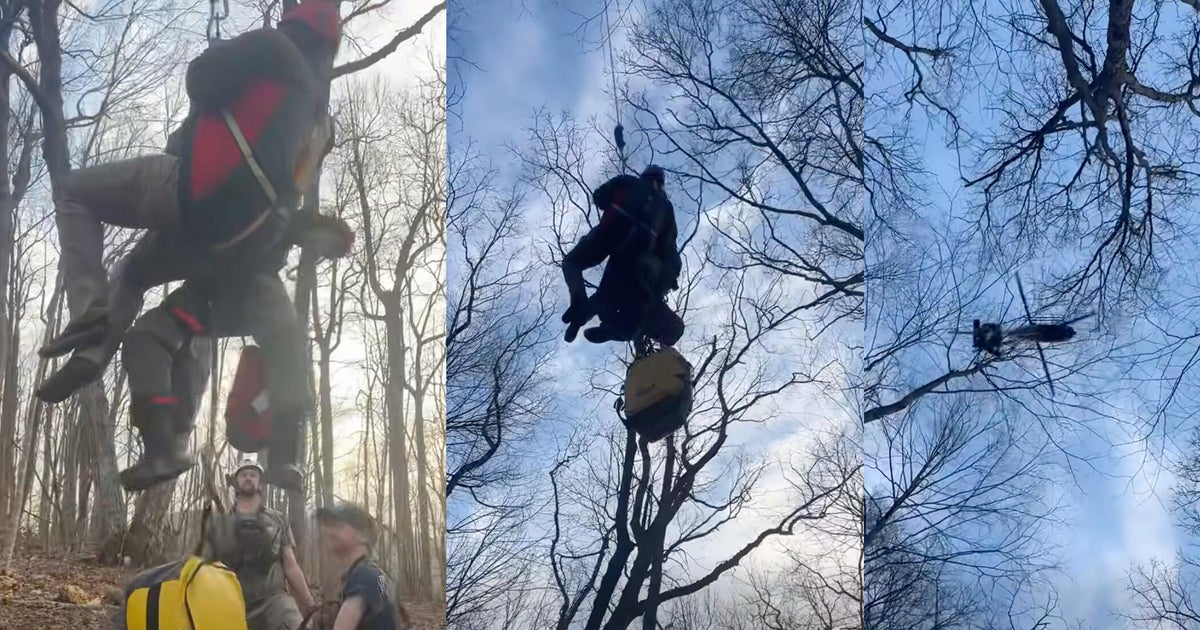State Sued Over Deer-Dog Hunts In Panhandle
Follow CBSMIAMI.COM: Facebook | Twitter
TALLAHASSEE (CBSMiami/NSF) -- A Florida couple has filed a lawsuit against Florida, asking the state to stop hunters from using dogs to find dear around their Panhandle property.
Claiming they have been threatened by hunters and that dogs chasing deer can scare rescued horses, William Daws, Jr., and his wife, Ouida Gershon, filed a lawsuit Wednesday in Leon County circuit court against the Florida Fish and Wildlife Conservation Commission. The lawsuit seeks to stop deer-dog hunting in the portion of the Blackwater Wildlife Management Area where they have lived since 2005.
Susan Smith, a spokeswoman for the agency, said Wednesday she couldn't comment on pending litigation.
Daws, a hunter who spent 23 years in the Air Force, including combat service in Vietnam, isn't seeking to outlaw the deer-dog practice in Florida, just around his section of the management area where he and a number of other people live. Such hunts are allowed 44 days a year.
"If they close it to deer-dog hunting, hunting is still allowed," said David Theriaque, the attorney for the couple. "It's not as if you're closing the wildlife management area to hunting. It's just that this particular form of hunting would be banned."
Deer-dog hunters use canines to trail deer through the woods. The dogs are unleashed when deer tracks are found or when hunters are within areas deer are known to frequent. The hunters typically follow in pickup trucks to where the dogs are expected to round up the deer for shooting.
The state commission was advised by staff at the Sept. 10 meeting in Kissimmee that closing more areas to hunting with dogs is possible, "however, interest in hunting with dogs remains extremely high."
A total of 155 permits were approved for the 2014-2015 season.
In seeking both a temporary and permanent injunction to halt the state agency from allowing the hunts to occur in their section of Blackwater, which runs up to the Florida-Alabama border, Daws and his wife are asking for at least $15,000 in damages, claiming the state agency's issuance of permits to deer-dog hunters has deprived them of their constitutional rights as property owners.
"They are hunters, they support hunters," Theriaque said. "It really boils down to they have bought land and the state is allowing people to run their dogs through. The state can stop this in a heartbeat by saying we can close deer-dog hunting in that portion of Blackwater."
The 191,651-acre Blackwater area in Okaloosa County and Santa Rosa counties consists of public land that is interspersed with a number of privately owned properties.
In 2005, the commission reduced the allowed space within Blackwater for deer-dog hunting from 78,172 acres to 19,589 acres, while also closing a number of roads to the hunters.
According to the lawsuit, the couple has sought changes to deer-dog hunting for four years as efforts to protect rescue animals they care for on the property has resulted in being "harassed, bullied, and threatened by deer-dog hunters, including deer-dog hunters firing their guns over the heads of the Daws."
"They don't leave their property during daylight hours," when it's deer-dog season, Theriaque said. "What happens is the deer jump over the fence, or they're already on the property, and dogs and houses don't mix well, especially dogs that are in hot pursuit of deer."
In an affidavit last week, William Daws said the ongoing conflict with deer-dog hunters has resulted in verbal threats, the couple's mailbox being shot, threats to tear down fencing, and derogatory graffiti written in the road in front of the their home.
The commission has acknowledged complaints from area homeowners, and the agency has sought to reduce conflicts between homeowners and hunters.
In September the commission approved a change that would require dogs used for pursuing or hunting deer, fox or coyote within permissible areas of Blackwater to be equipped with devices that include Global Positioning Systems and behavior correctional capabilities, in other words shock collars, to keep them within allowed hunting grounds. However, because costs for the receivers and collars can run $650 to $1,100, the rule doesn't go into effect for two years.
Daws and Gershon argue in the lawsuit that control devices aren't completely reliable for dogs that are running leash free as "it is well established that dogs cannot read 'No Trespassing' signs."
(The News Service of Florida's Jim Turner contributed to this report.)
RELATED CONTENT:







